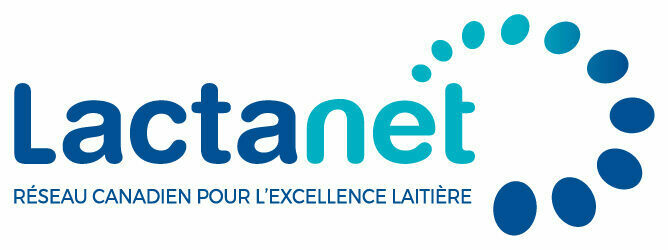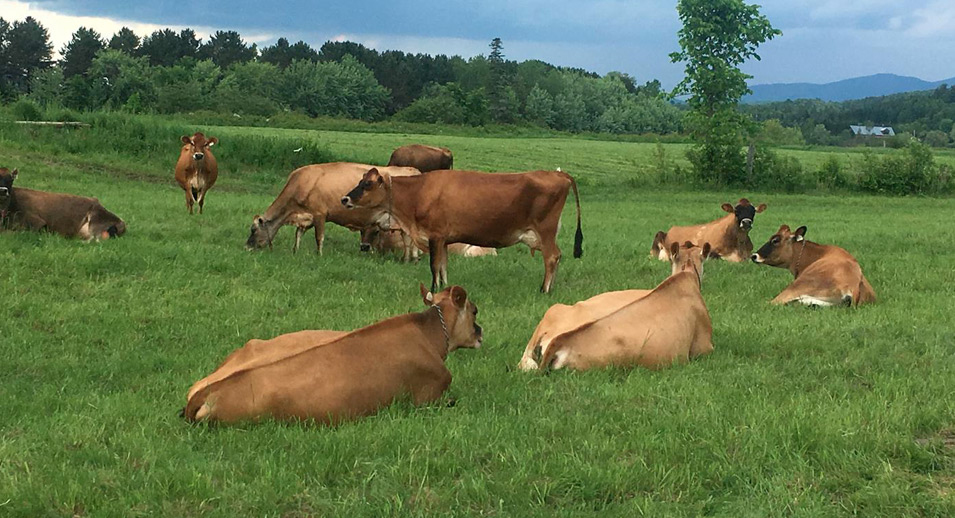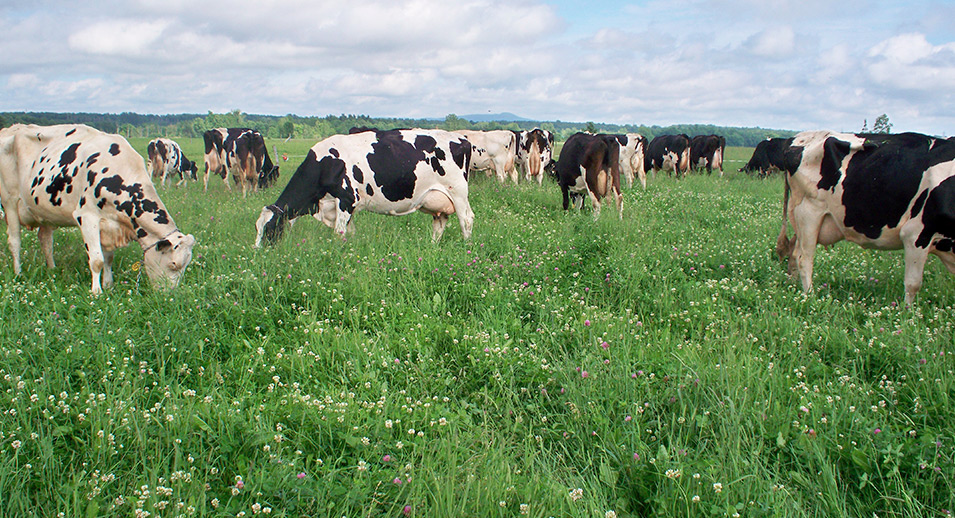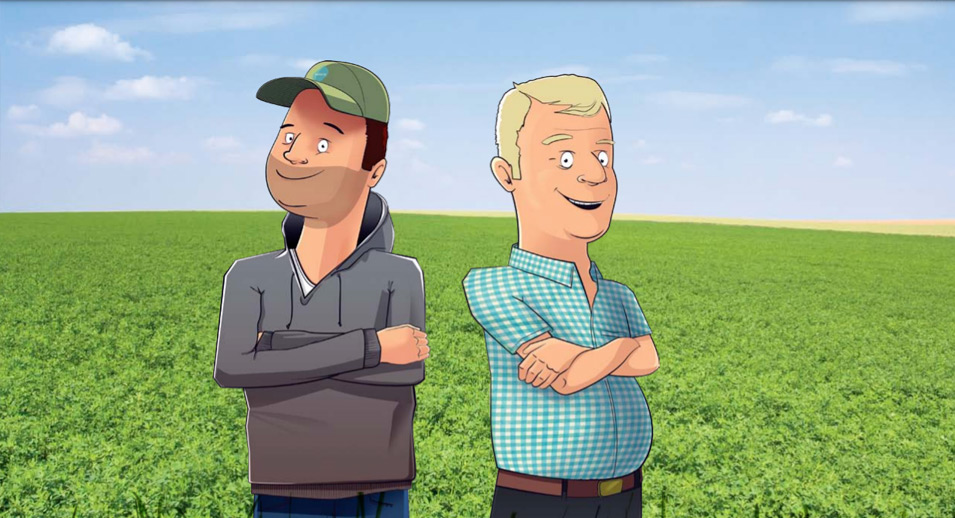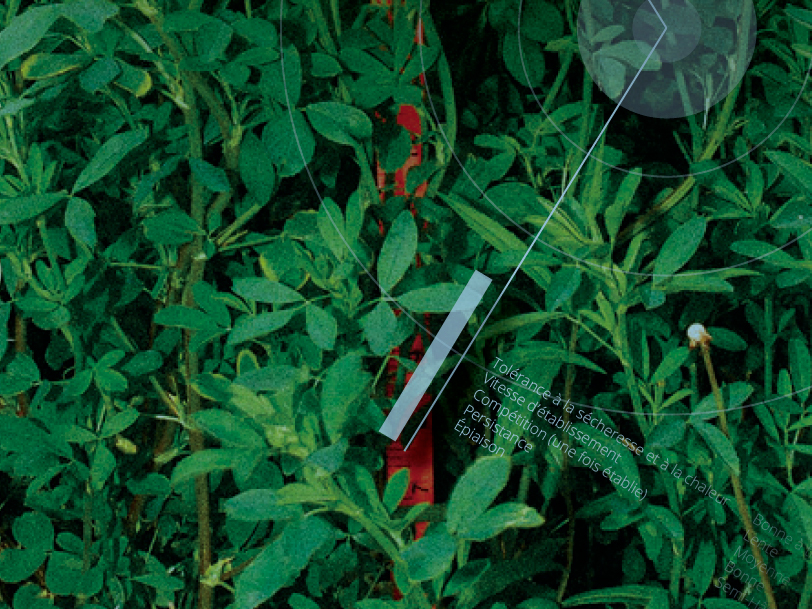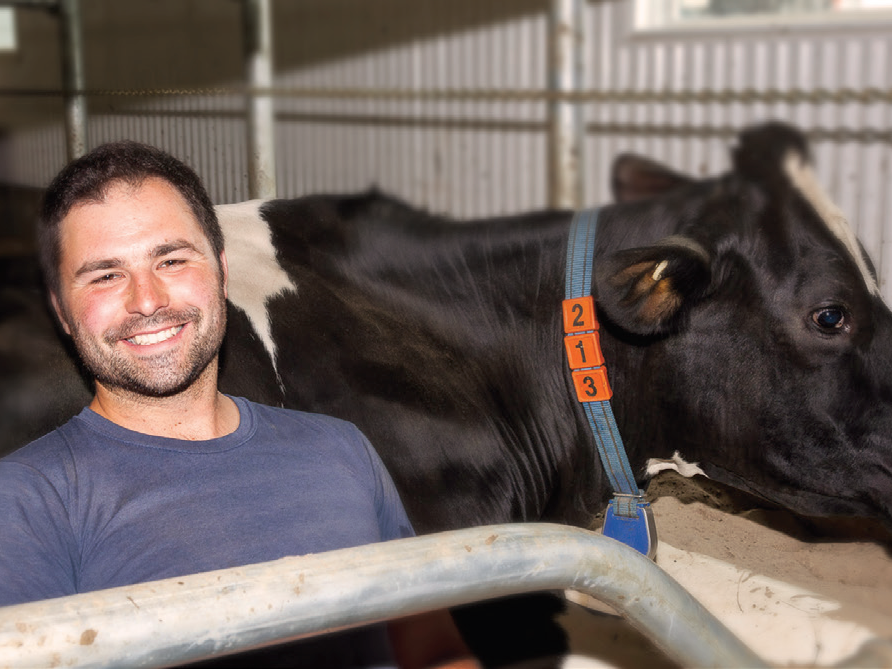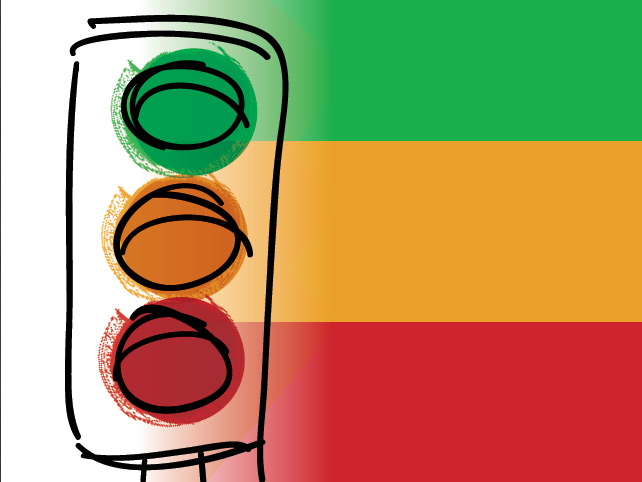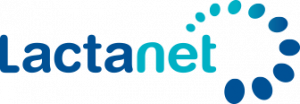“Planet Score,” An Environmental Label for Consumers
- July 4, 2022
Marketing organic dairy production to consumers is no small task. It is not because it lacks desirable attributes, but because these attributes are often complex to explain. How do you explain to consumers simply the impacts of organic dairy production on the environment, soil health, climate, biodiversity, and animal welfare? It is in response to this question that two speakers came to explain the French Planet Score approach during the INPACQ Organic Milk Day 2022 in Quebec. At a time when organic milk sales are slowing down due to competition from plant-based drinks, communication with consumers is essential.
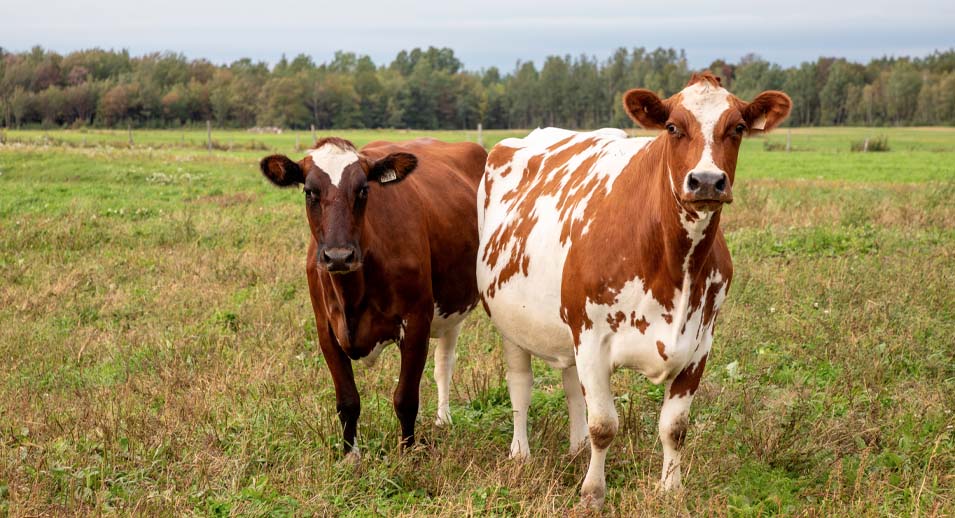
A European Initiative
The Planet Score is an environmental label that will soon be implemented in France for all food products. It rates foods according to key issues that are important to consumers, including pesticide use, impact on biodiversity, greenhouse gas production (climate) and farming methods (animal welfare).
Organic production at the heart of agroecology
The vision on which the Planet Score is built is that of the European-scaled agro-ecological transition, the potential and urgency of which have been demonstrated in recent scientific work by the Institute for Sustainable Development and International Relations (IDDRI). These results were presented by the second speaker at the INPACQ Organic Milk Day, Mr. Xavier Poux.
In his book on the subject, agroecology is defined in simple terms: “Born from the intersection of agronomic sciences and ecology, this science is the basis of a set of agricultural production techniques that aim to make more efficient use of resources, so as to better integrate agriculture with its ecosystems and reduce the ecological footprint of agricultural production.”
The "Pesticides" Indicator of the Planet Score
In this agroecological approach, of which organic farming is the best-defined model, the role of ruminants and grasslands is central. Organic dairy production meets these criteria well and ranks very well in the Planet Score. Indeed, in such a system, short rotations containing a high proportion of forages with a high leguminous content are essential. They allow high symbiotic nitrogen inputs to the soil while preventing weed infestations. When high yields are desired and synthetic fertilizers and pesticides cannot be used, this approach is a must.
The "Biodiversity" Indicator of the Planet Score
Short rotations also improve soil health and drought resistance, help produce high quality forages and grasses for dairy production, and minimize the number of concentrates that need to be be added to the animals’ diet. Due to the non-use of pesticides and the high proportion of grasslands and pastures, organic dairy production scores high on the Planet Score for biodiversity both below and above ground.
The "Climate" Parameter of the Planet Score
Regarding the impact on climate, it is important to have a global approach at the dairy farm level. Although organic milk yields are slightly lower than in conventional production, crop rotation allows for carbon to be stored in the soil. Not using synthetic fertilizers and pesticides offsets the greenhouse gas balance at the farm level.
The " Animal Welfare" Indicator of the Planet Score
Finally, all the good practices implemented in organic production, notably access to physical activity in winter and, above all, the obligation to use optimally managed pastures, are guarantees of respect for animal welfare, and are an important factor for producers as well as for consumers.
More Than a Label
The key to changing consumer buying habits is educating them with reliable and transparent information. The Planet Score is a good example: “I am made responsible, and I buy – or not – with a conscience,” explained a 46-year-old man, one of the 10,000 respondents to a survey on Planet Score labelling in France. The display of good environmental and husbandry practices is certainly a good starting point to make all the concrete actions and efforts of producers visible to consumers. And this is important!

